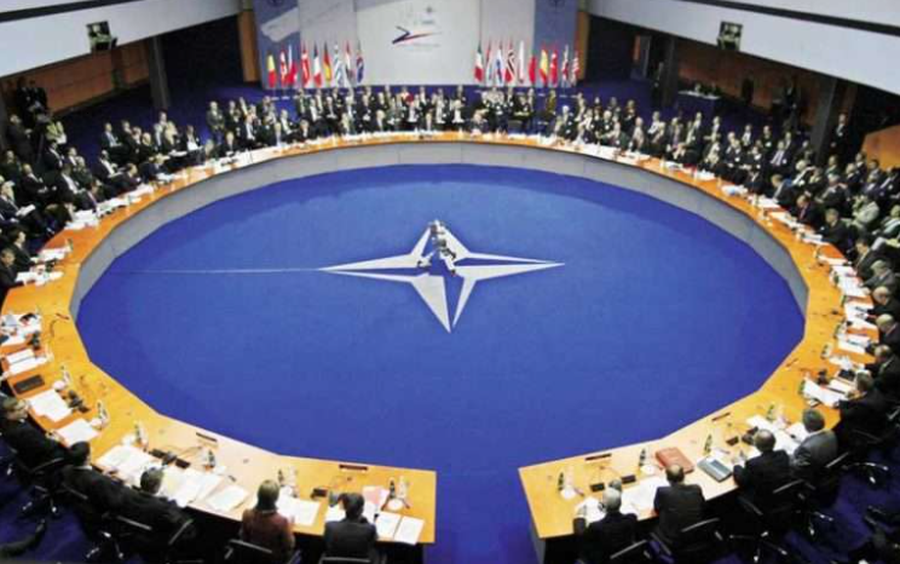
The incidents in the north of Kosovo are an alarm bell for the international community regarding the seriousness of the ongoing challenges in the Western Balkans, it is concluded in a year-end report of the NATO Parliamentary Assembly.
The author of this document, Lord Mark Lancaster from Great Britain, highlights the current causes and drivers of the main security challenges.
Kosovo, together with Bosnia-Herzegovina, are considered countries with a high potential for violence due to inter-ethnic issues and relations with Serbia.
"The year 2023 witnessed a significant return of violent confrontations in the north of Kosovo. The incidents rang as an alarm bell to the international community about the seriousness of the ongoing challenges in the Western Balkans. In a region where almost all states and territories are looking for a Euro-Atlantic future, the unresolved issues in both Kosovo and Bosnia and Herzegovina must refocus the important attention of allies: Allies must come to terms with the potential for wider destabilization that present these challenges", he writes in the report entitled: "Western Balkans: General security challenges at NATO's doorstep".
The lack of steps towards the normalization of relations between Belgrade and Pristina is considered the most challenging and unstable issue in the region.
"It has many significant immediate impacts: it prevents both countries from advancing their EU membership processes, is a significant factor in regional instability, an obstacle to closer and more effective regional economic cooperation and a contributor to vacuums of power that create opportunities for criminal networks to use the region as a route, arena and area for the trafficking of weapons, drugs and people", the report states.
According to the document, at the heart of the Kosovo-Serbia dispute are two main issues: the non-recognition of Kosovo by Serbia and the approach of the Government of Kosovo to the northern municipalities populated mainly by Serbs.
Referring to the risks, it is also recommended that NATO consider adding troops to Kosovo and Bosnia-Herzegovina.
"The presence of NATO forces in Kosovo can still be strengthened given the development of events on the ground and in the region: Allies and the EU can work together to provide forces more suitable for their purposes in Kosovo and Bosnia - Herzegovina. Allied attention to Kosovo cannot be ignored – potentially more forces, properly positioned, are a priority. KFOR's operation has an important role, which extends beyond the prevention of violence, as it also serves as a channel for positive contact and confidence building with all communities in Kosovo and Serbia," the report reads. (A2 Televizion)











